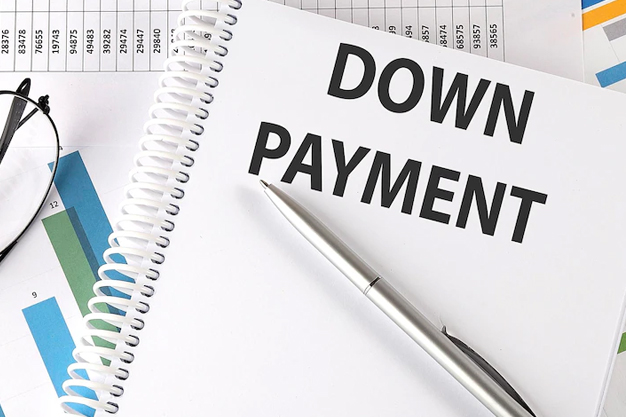How to arrange funds for the down payment for a house?
April 2022
The Coronavirus pandemic has forced many people who live on rent, to start considering a home purchase. Even in a post-COVID-19 world, remote working would become common in our professional lives, while being at home and maintaining distances would be a crucial part of our physical survival. In this scenario, property ownership would become even more important, as owning a property gives one a sense of security.
However, to buy a home using housing finance, a buyer has to arrange at least 20% of the property’s value from his own funds. Interest rates are at a record low – you can get loans at 6.55% interest at present. Moreover, there is no lack of ready-to-move-in homes. PropTiger.com data show that India’s nine prime residential markets currently have an unsold stock of nearly 7.39 lakh units. Developers are also offering benefits to buyers, in the form of waivers during the ongoing festive season.
Now, how can a potential buyer arrange for the down payment money, to finalise his dream home?
Take a loan from family members
Check if your parents or spouse can help you with the down payment, even if you are taking this money as a debt and plan to return it in due course. Not only would you save a great deal of time, energy and paperwork but also secure a lender, who will be more compassionate and sensitive if you are unable to repay the loan within a specified timeline, owing to some unforeseen event. If you plan to pay an interest to this family member, you will also be able to enjoy tax deductions on this payment.
Withdraw money from your provident fund (PF) account
The Employee Provident Fund Organization (EPFO) allows subscribers to withdraw a certain portion of their provident fund (PF) money for home purchase and various related purposes. A subscriber could avail of a loan that is equal to 36 times his wages, for property purchases. Read our guide on how to check your PF balance using UAN member login.
| PF withdrawal reason | Withdrawal limit |
| For buying a plot | 24 months’ basic salary and DA |
| For constructing a house | 36 months’ basic salary and DA |
| For buying a ready-to-move-in house | 36 months’ basic salary and DA |
| For home improvement/renovation | 12 months’ basic salary and DA |
| For repayment of housing loan | 36 months’ basic salary and DA. |
Take a loan against insurance policy
A policy holder can get between 80% and 90% of the surrender value (the value you get when you terminate the insurance plan voluntarily), of the insurance policy as loan. Let us understand this with an example. If you have an insurance cover of Rs 50 lakhs and its surrender value is Rs 20 lakhs at the time of requesting for the loan, you may get Rs 18-19 lakhs as loan.
Take a personal loan
This should be your last option and must be used, only when you cannot find any other alternative. This is because personal loans are unsecured and hence, cost more than any other type of loan. You may end up paying nearly 11%-20% interest on personal loans.
Source: housing.com
Also read: Pros and Cons of Investing in Commercial Real Estate
Back to All Thane Real Estate Resources, Thane Property News and Articles
Share This:


